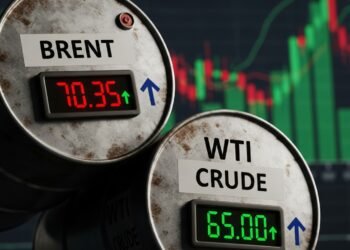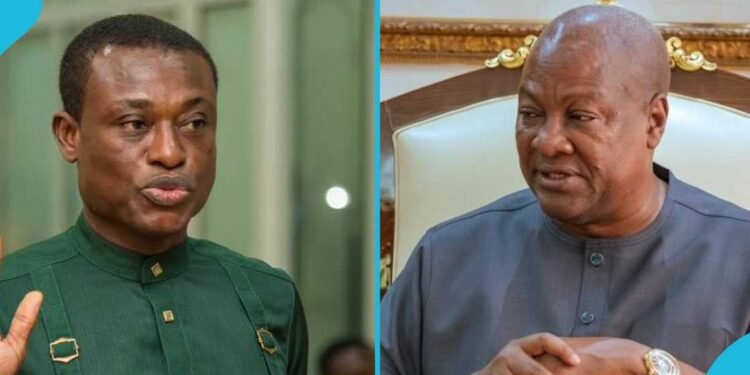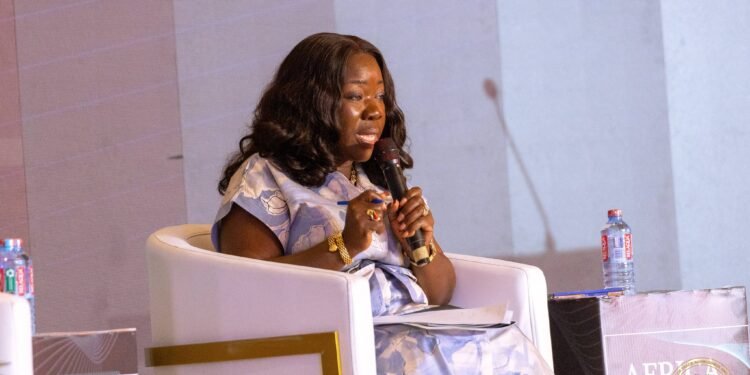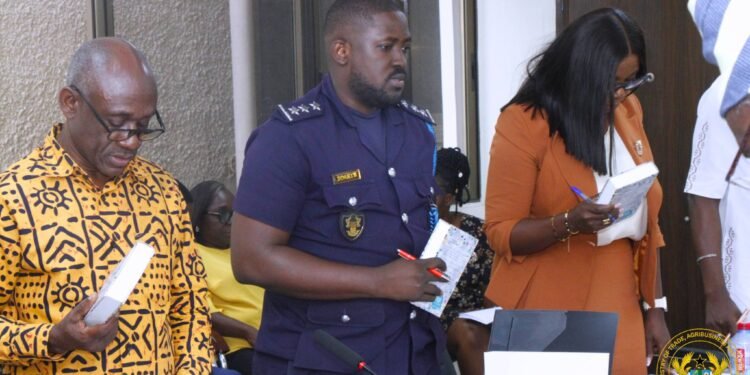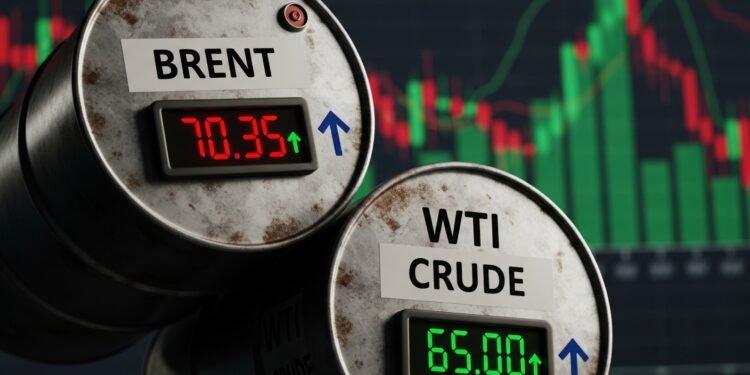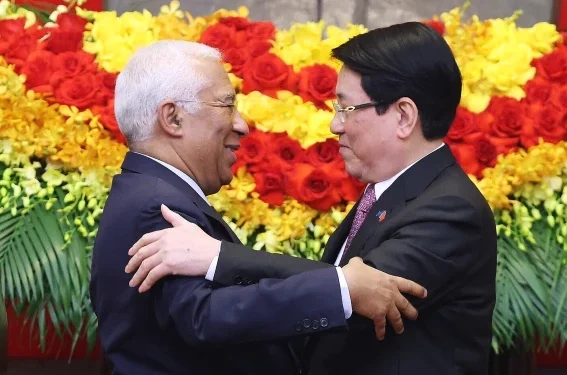Iran’s Oil Minister Mohsen Paknejad has declared that Tehran’s oil sales to China would continue uninterrupted even if United Nations sanctions were reimposed through the so-called “snapback” mechanism, a move European powers are threatening to trigger amid growing concerns over Iran’s nuclear program.
Speaking as diplomats gathered on the sidelines of the U.N. General Assembly in New York, Paknejad insisted that potential U.N. sanctions would have little practical effect on Iran’s oil industry, which has already been battered by years of unilateral restrictions from the United States.
The minister said, “We will continue, we have no problem,” when asked about crude shipments to China in the event of renewed sanctions.
He added that the snapback process would not create “new burdensome restrictions” on Iran’s exports.
“In the last years, we have faced such severe restrictions from the unjust and unilateral U.S. sanctions that, in practice, [U.N. sanctions] won’t add much to this situation.”
Iran’s Oil Minister Mohsen Paknejad
Diplomatic Push to Avert Sanctions
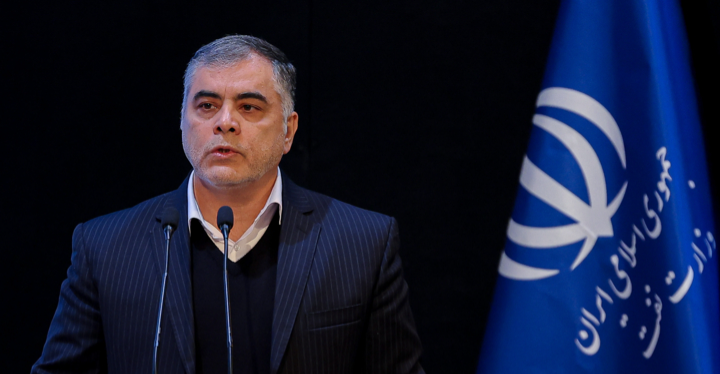
The remarks came just hours after top European diplomats met Iran’s foreign minister in a last-ditch attempt to prevent the reimposition of U.N. sanctions.
The foreign ministers of France, Britain and Germany, known collectively as the E3 along with EU foreign policy chief Kaja Kallas, held talks with Tehran’s delegation in New York on Tuesday.
The Europeans launched a 30-day countdown on August 28 to reimpose sanctions, accusing Iran of failing to comply with the 2015 nuclear accord, formally known as the Joint Comprehensive Plan of Action (JCPOA).
Unless a breakthrough is reached, the snapback mechanism will automatically restore U.N. measures on September 27.
The E3 has demanded that Iran grant international inspectors renewed access to its most sensitive nuclear facilities, resolve concerns about its growing stockpile of enriched uranium, and engage directly with the United States in talks aimed at reviving the deal.
Nuclear Dispute at the Core

The JCPOA, signed in 2015 between Iran and six world powers, was designed to curb Tehran’s ability to develop a nuclear weapon in exchange for sanctions relief.
But the pact has been unraveling since 2018, when then-U.S. President Donald Trump pulled Washington out of the deal and reimposed sweeping sanctions on Iran as part of a “maximum pressure” campaign.
Although the Biden administration initially signaled openness to renewed talks, political divisions in Washington and Tehran have complicated efforts to restore the accord.
In recent months, U.S. officials have doubled down on enforcing sanctions targeting Iran’s oil exports, tightening restrictions on tankers and shipping companies accused of helping Tehran skirt penalties.
Despite the mounting international pressure, China remains the lifeline of Iran’s oil exports.
According to energy analytics firm Kpler, nearly four-fifths of Iran’s crude shipments in 2024 ended up in China, often routed through complex networks involving ship-to-ship transfers and so-called shadow fleet tankers.
Officially, China’s customs data has reported no Iranian crude imports since 2022, a stance meant to avoid direct confrontation with U.S. sanctions.
Yet industry analysts say Beijing continues to buy nearly 90 percent of all Iranian oil, disguising shipments as originating from other countries or transferring cargoes multiple times before delivery.
This covert trade has allowed Tehran to maintain a steady revenue stream, even as Western restrictions tighten.
For Iran, losing access to the Chinese market would be devastating, making Beijing’s continued willingness to import its crude a critical factor in the country’s economic survival.
Looking Ahead to September 27
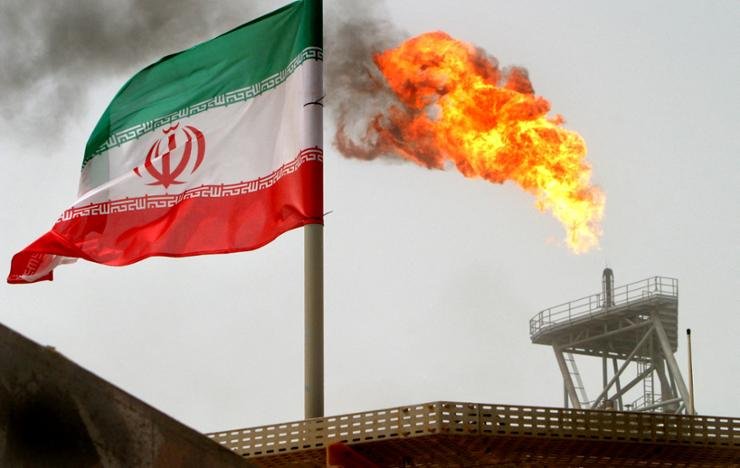
As the September deadline approaches, the standoff underscores both the resilience of Iran’s oil trade and the fragility of international efforts to curb its nuclear program.
European powers appear determined to pressure Tehran back into compliance, but Iran’s leadership is equally resolute in signaling that its oil sales, particularly to China, will not be curtailed.
With the snapback mechanism looming, the coming days could prove decisive. If sanctions are reimposed, Iran may find itself more isolated diplomatically but still economically afloat, thanks to its deepening energy ties with Beijing. Whether this dynamic can be altered by renewed negotiations remains an open question.
For now, Tehran’s message is clear: even under the shadow of U.N. sanctions, its oil will continue to flow east.
READ ALSO: Market Cheers as Ghana’s Treasury Auction Breaks Four-Week Drought with 15.8% Oversubscription




